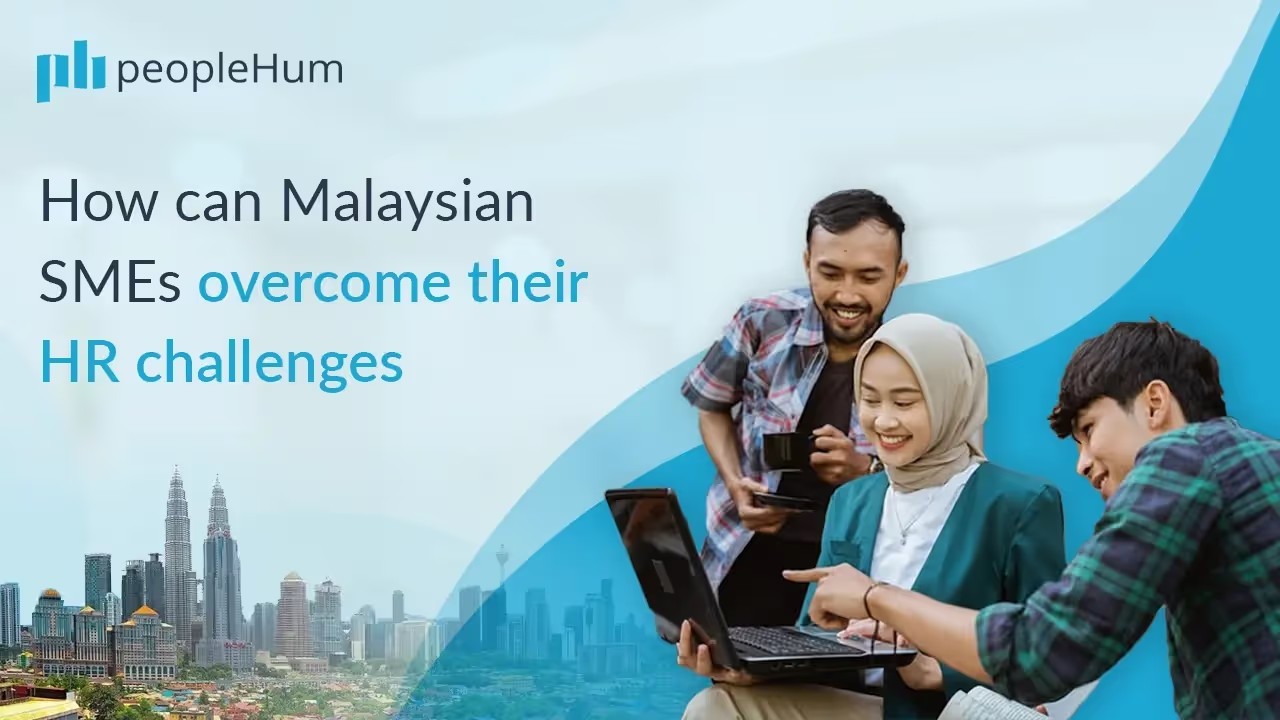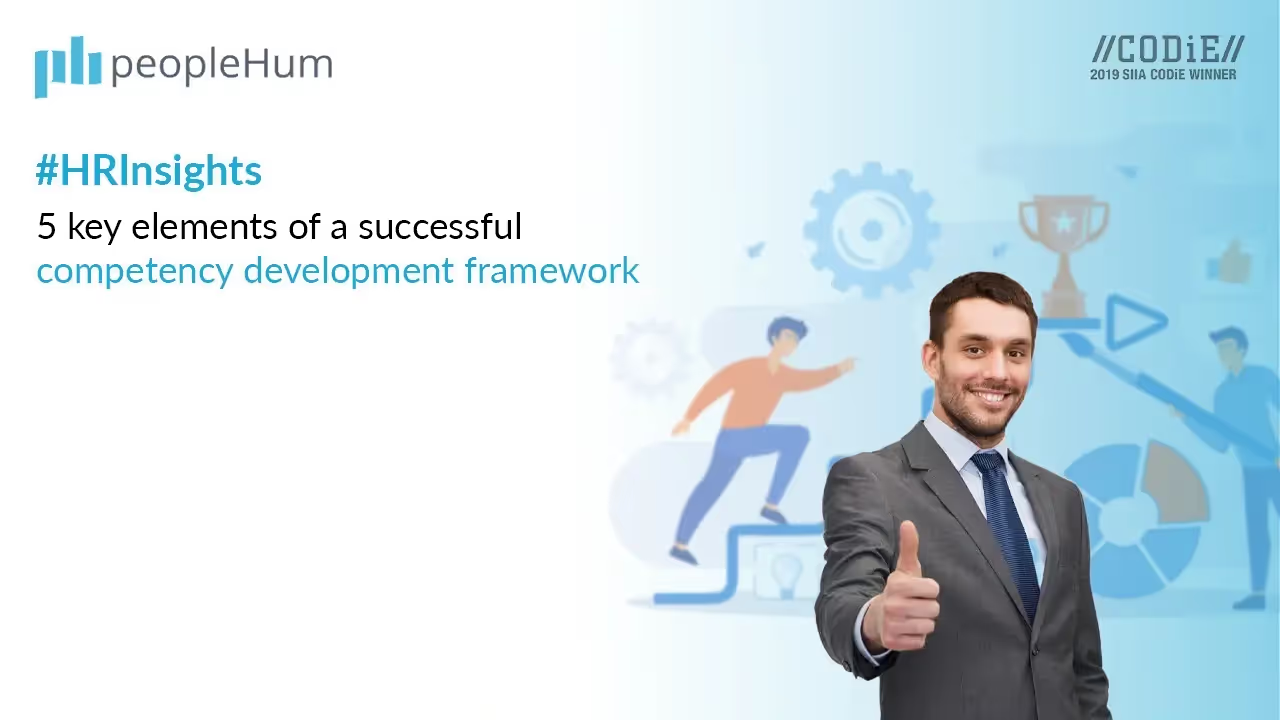Employees from small and medium enterprises (SMEs) in Malaysia are satisfied with their companies, despite the pandemic. The regional study, conducted by Towers Watson, a global HR advisory firm and Business Media International, found that 9 out of 10 Malaysian SME workers believe in their organization’s mission, vision and purpose.
The survey also stated that 92% of employees from Malaysian SMEs are proud to part of their companies, and as a result, have shown great interest in staying in their current roles.
However, there is a pervasiveness in the form of HR challenges in Malaysian SMEs. According to Employment Hero’s Wellness Report , a majority of 58% Malaysian workers are feeling high levels of stress and burnout from work.
The causes for this include:
- Poor work-life balance
- Stress about their financial situation
- Not receiving adequate support and enablement on a daily basis; and
- Less than ideal working conditions

An emerging issue in the HR challenges in Malaysian SMEs is that remote work is seemingly making mental health discussions harder. 60% of respondents that work remotely in some capacity found that mental health conversations are harder to have with their manager virtually. And across respondents, 51% felt that their career had been negatively impacted by the pandemic.
How to overcome HR challenges in Malaysian SMEs
A person who is occupationally healthy is one who is happy and fulfilled in their job. Their personal values align with the values of their workplace, their employer actively invests in their development, they feel valued for their contribution, and they are free to be themselves at work.
Malaysian SMEs can overcome HR issues by:
1. Establishing a purpose-driven culture
The workplace is no longer defined by a physical location, but rather by long hours of solo work and online meetings. In addition to recognising the importance of creating a cohesive employee experience, HR leaders should modify organisational culture to better suit a remote working environment.
It is more important than ever for HR to engage its workforce, or risk the organization's culture deteriorating into one of isolation, anxiety, and video call fatigue, threatening productivity, on-the-job learning, and employee retention.
2. Taking the initiative to reskill the workforce
Delivering on the agenda for transformational learning and workforce reskilling is considered a top skill to add value in today's environment by at least 44% of Malaysian SME workers. However, during an uncertain time, this can be a difficult process because employees must be re-trained to work and lead effectively in a remote environment.
Because traditional face-to-face training formats are no longer an option, HR leaders must be innovative and accepting of digital learning via online platforms, as well as adapting their own custom courses to create a virtual, asynchronous, or live learning environment.
What to Expect for 2023 in Malaysia? Read more about the 10 Hebat HR Trends in Malaysia

3. Designing a flexible development and coaching strategy
Developing a flexible development and coaching strategy can be accomplished by utilising tools such as Learning Management Systems, one-on-one meetings, mentorship programmes, career pathways, and external learning opportunities.
4. Strongly articulating the company’s mission and values
One of the HR problems in Malaysian SMEs is effectively expressing your company's mission and values. Employees will be unable to find meaning in their daily lives if they do not have a mission. Values set the tone for the company's culture and guide decision-making.
5. Rewarding and recognising the team's efforts
Teams must feel appreciated for their efforts, and the best way to ensure this is to establish structured programmes for both top-down and peer-to-peer recognition. Recognizing and rewarding your team for their efforts in a remote work environment may seem like major challenges for HR in Malaysian SMEs. But these can be overcome with the help of people-centric employee engagement platforms that empowers users with timely recognition.
6. Setting specific and attainable goals
It's much easier to stay motivated when you're working toward a specific goal. Goals should be challenging but attainable. Align employee performance with business goals and keep a close eye on who is in charge of what. OKRs (Objectives and Key Results) will make sure you work towards it. Set specific and attainable goals with a reliable OKR software.

7. Utilizing people analytics
In today's remote working environment, data will be a critical factor in improving productivity, understanding talent needs, and designing the future workforce. However, less than half (43%) businesses are proficient in using data and analytics, which is a major HR challenge in Malaysian SMEs. Harness the power of intelligent and necessary people analytics to gain accurate insights into your business’ performance and future growth.
How peopleHum can help
The HR challenges in Malaysia signal that all my not be well in the employment space. The challenge that SMEs are not up to par is an enlightening notion to dispel. During this pandemic, Malaysian SMEs must empathise more with employees, including watching for signs of 'burnout,' assisting employees in balancing work and personal commitments.
The resulting connectivity and inclusiveness between employer and employee will be critical in fueling resilience and positively impacting overall business performance in the coming year.
This is where peopleHum comes in as a solution to assist HR in Malaysian SMEs. peopleHum is an easy, intuitive, and intelligent human capital management automation software that helps small and medium enterprises to streamline their HR processes. The no-code platform makes it easy for HR teams to integrate and for the organizations to utilize.
It is the platform architected for change. Tackle the HR challenges in Malaysian SMEs by adopting peopleHum. Book a demo with our specialists today.




































-min%202.avif)













